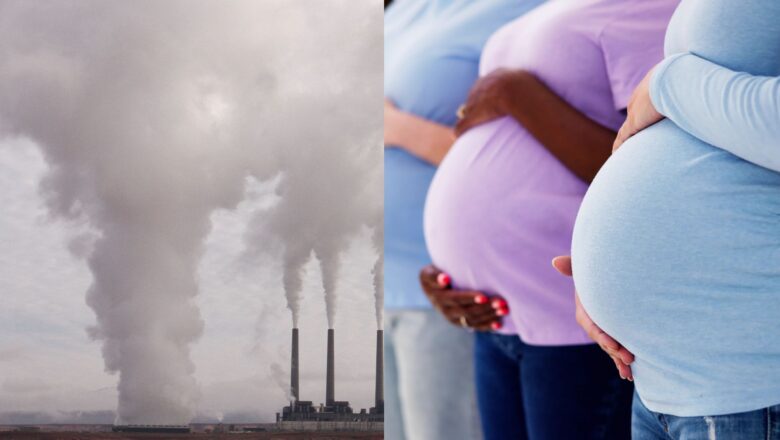
World Sets Record January Heat Despite La Nina Scientists Debate Accelerating Global Warming
The world warmed to a new monthly heat record this January, despite cooling factors like a La Nina event and an abnormally chilly United States, according to the European climate service Copernicus. This surprising temperature rise is sparking debate among scientists, with some arguing that global warming is accelerating.
Copernicus reported that January 2025 was 0.09 degrees Celsius warmer than January 2024, the previous hottest January on record. It was also 1.75 degrees Celsius warmer than pre-industrial levels. This marks the 18th month out of the last 19 in which the world hit or surpassed the 1.5-degree warming threshold set by the Paris Agreement. However, scientists only consider the threshold breached when temperatures stay above it for 20 consecutive years.
Copernicus has t...









